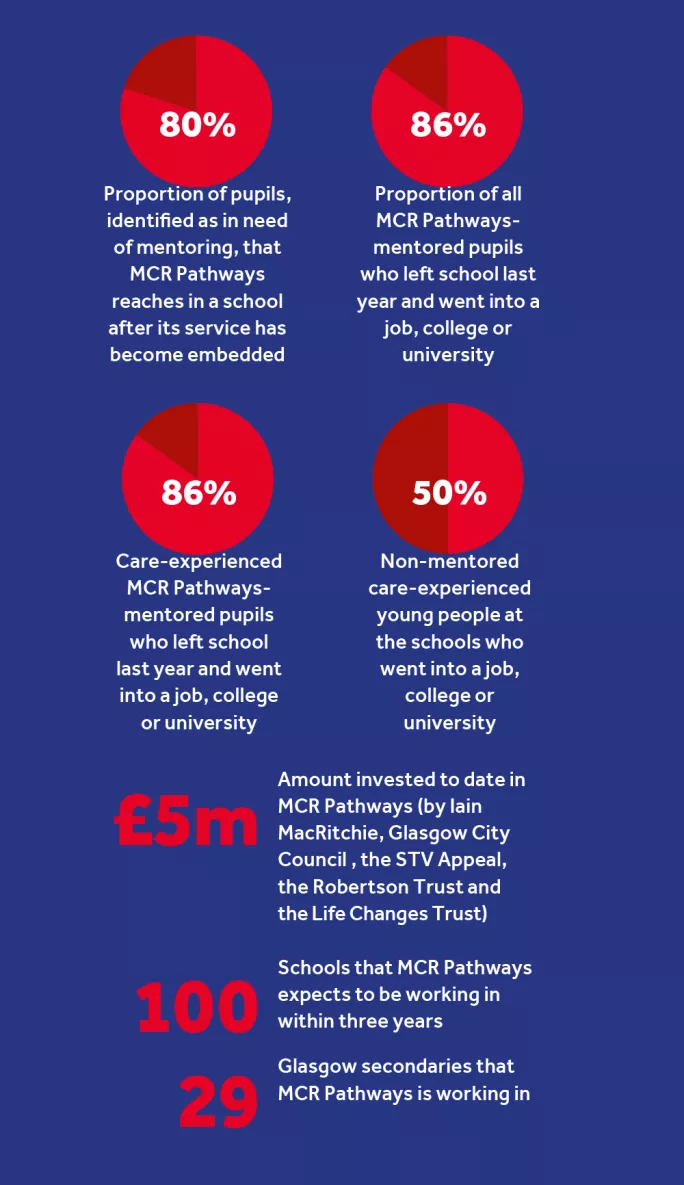P1 testing ‘tantamount to illness, neglect or abuse’

Whether or not it is right to test pupils in the first year of school - when they are just four or five years old - is a hot topic both north and south of the border.
In Scotland, even the Conservatives - the most fervent supporters of the introduction by the government of standardised assessments in literacy and numeracy in primary and secondary - have said the educational value of testing literacy and numeracy at that age is “negligible” (“Tories insist that testing at age 5 is ‘too young’”, 1 July 2016).
More recently, headteachers have begun to openly question the value of the P1 tests, which are also running for the first time this year in P4, P7 and S3.
Now, adding to the growing chorus of concern, an influential group made up of hundreds of education and early year experts, teachers and headteachers - and backed by Scotland’s largest teaching union - is calling for the Scottish government to scrap the testing of five-year-olds in literacy and numeracy.
Could the government be moved to rethink the tests? The pressure is certainly mounting.
As part of its “Play not tests” campaign - due to launch on Monday - charity Upstart Scotland will publish a dossier calling for the Scottish government to withdraw “national assessments and academic benchmarks for P1”, and instead to endorse “the play-based pedagogy outlined in Curriculum for Excellence”. The group - which would also like the school starting age raised to seven - argues that this would be “a far more significant political move than data collection about small children’s literacy and numeracy skills”.
The organisation claims the government’s current approach, which embraces both play and testing, is contradictory.
Sue Palmer, a literacy specialist, former teacher and author of Toxic Childhood and Detoxing Childhood, is the chair of Upstart Scotland. She says it is increasingly clear that the data provided by standardised testing of young children has “little or no statistical value”.
Palmer says: “It’s as if the government is on the one hand keen on the idea that children should learn through play, but on the other hand there is this cultural assumption that when children go to school at the age of four or five that they have to get started on the three Rs, and the tests feed into that.
“It comes down to what the government wants: do they want us to continue to be stuck in the 19th century doing what Victorian politicians decided was the right thing, so that women could return to work in the factories? Or do they want to learn from countries with better educational and child wellbeing outcomes, and give our children the chance to ‘learn with joy’ through an extended kindergarten period from the ages of 3 to 7?”
Palmer argues that the main consequences of pushing ahead with the tests will be a narrowing of the curriculum, as well as children being turned off maths and English at an early age.

The EIS teaching union has thrown its weight behind the campaign, saying it is opposed to the P1 tests and believes baseline testing hampers “a child’s educational growth”.
EIS general secretary Larry Flanagan says: “The EIS is sceptical about the worth of standardised assessments generally, but we’re particularly opposed to their introduction for P1 pupils.”
The union is far from the only organisation to support the new campaign. Jackie Brock, chief executive of children’s services organisation Children in Scotland, is also backing it. She says the tests in P1 are at best “a distraction” and at worst “stressful and a waste of time for children and teachers”.
And Marguerite Hunter-Blair, chief executive of charity Play Scotland, also supports the campaign on the basis that playful experiences - not academic tests - improve children’s learning. The tests that matter are “the tests of opportunities, exploration and everyday adventures”, she adds.
The concerns go far further than an aversion to testing for children; the Upstart campaigners even say testing children at the age of five could count as an adverse childhood experience (ACE), such as illness, neglect or abuse. These ACEs are increasingly being linked to health and mental health problems later in life.
Education secretary John Swinney said last month that the government was committed to preventing ACEs from occurring, but Upstart Scotland says that “a too-early start on formal testing is itself an ACE”.
Whether teachers, heads and children’s campaigners will succeed in persuading the Scottish government to scrap the tests remains to be seen. The government argues that baseline testing is nothing new, and that local authorities have been making use of standardised assessments for years in P1. It also insists that the feedback it is receiving from teachers and heads is positive.
Children have found the tests to be “interesting and easy to do”, a spokesperson says, adding that the additional information they provide is “extremely valuable for teachers to plan next steps for learning”.
You need a Tes subscription to read this article
Subscribe now to read this article and get other subscriber-only content:
- Unlimited access to all Tes magazine content
- Exclusive subscriber-only stories
- Award-winning email newsletters
Already a subscriber? Log in
You need a subscription to read this article
Subscribe now to read this article and get other subscriber-only content, including:
- Unlimited access to all Tes magazine content
- Exclusive subscriber-only stories
- Award-winning email newsletters